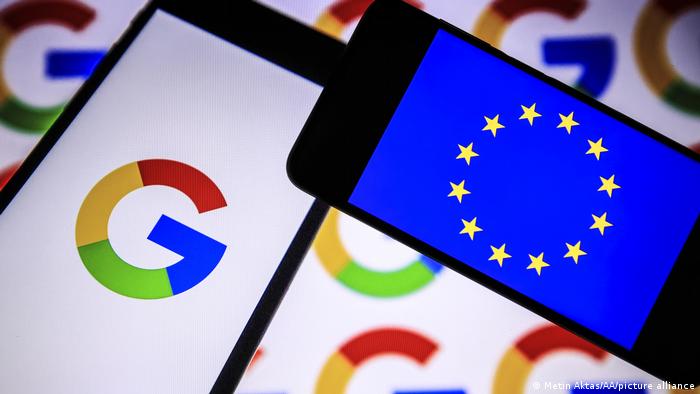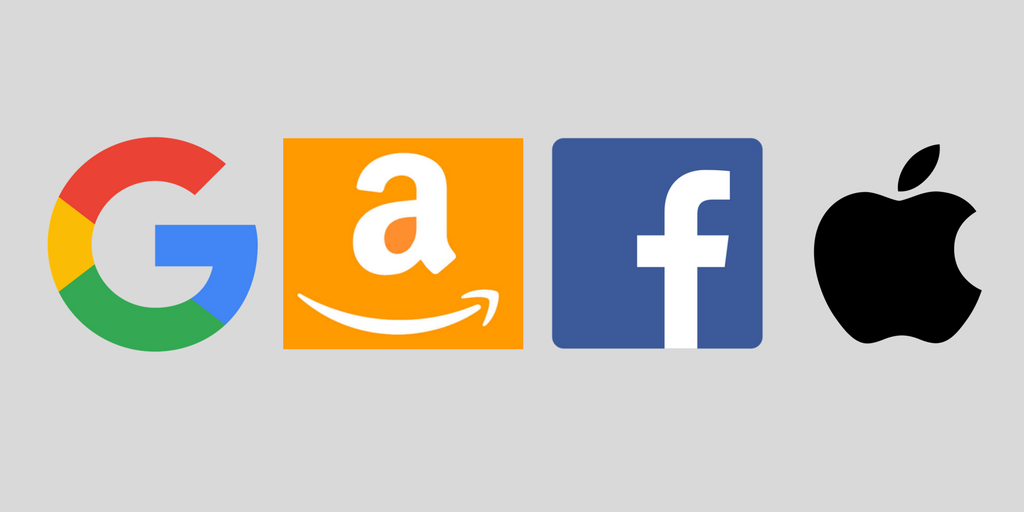PriceRunner Sues Google For 2.1 Billion Euros.
Sweden’s price comparison website on Monday, PriceRunner filed a lawsuit against Google for EUR 2.1 billion (roughly Rs. 17,930 crores) for promoting its own shopping comparisons in search results.
In recent years, Europe has tightened regulations on Big Tech’s business practices, and the EU is working on legislation to do so. US behemoths are facing fines and legal challenges in a number of European countries.
The Swedish tech startup expects the “final damages amount of the lawsuit to be significantly higher” because “the violation is still ongoing.”
According to CEO Mikael Lindahl, the lawsuit is also a fight “for consumers who have suffered tremendously for the past fourteen years and still today from Google’s infringement of competition law.”

The Swedish tech startup filed its lawsuit with the Patent and Market Court in Stockholm after the European Union General Court ruled that Google “breached EU antitrust laws by manipulating search results in favor of their own comparison shopping services.”
The European Commission imposed a EUR-2.4 billion (roughly Rs. 20,490 crores) fine on Google in 2017, claiming that results from Google’s own comparison service were “displayed in a more eye-catching manner.” An EU court upheld the fine in November, claiming that results from Google’s own comparison service were “displayed in a more eye-catching manner.”
PriceRunner said it was pursuing restitution for profits lost in the UK since 2008, as well as Sweden and Denmark since 2013.
Google has a “monopoly-like position” in the European Economic Area (EU plus Iceland, Liechtenstein, and Norway), according to PriceRunner, with more than 90% of the market share for internet search engines.
The price comparison website is headquartered in Sweden, with offices in Denmark, Norway, and the United Kingdom. It has previously stated its intention to expand into additional countries.
PriceRunner was bought by Swedish fintech Klarna in November for an undisclosed sum, though media reports put the price at over $1 billion (roughly Rs. 8,540 crores).
About PriceRunner
PriceRunner is a product and price comparison service with a global user base of 18.2 million people. The website is completely free to use and contains 2.2 million products from 5 900 shops. Users can compare prices on a wide range of items. In addition to price and product comparison, there are hundreds of product tests and guides available. The company operates in the United Kingdom, Sweden, Denmark, and Norway, among other countries.
PriceRunner’s mission is to make online shopping more convenient for consumers by assisting them in finding the best products and deals available. PriceRunner offers hundreds of product reviews and comparisons from a variety of retailers, as well as the ability to compare products, prices, and delivery options. Product experts carry out the tests over a long period of time in order to simulate the product’s intended use.
PriceRunner does not sell products; rather, it makes money by sending traffic to online stores and by displaying banner ads. PriceRunner currently employs 175 people in Sweden, Denmark, the United Kingdom, and Norway. Nicklas Storkers has been the company’s CEO since 2016. In October 2021, PriceRunner acquired the Norwegian price comparison site Prisguiden, expanding its operations to Norway.

